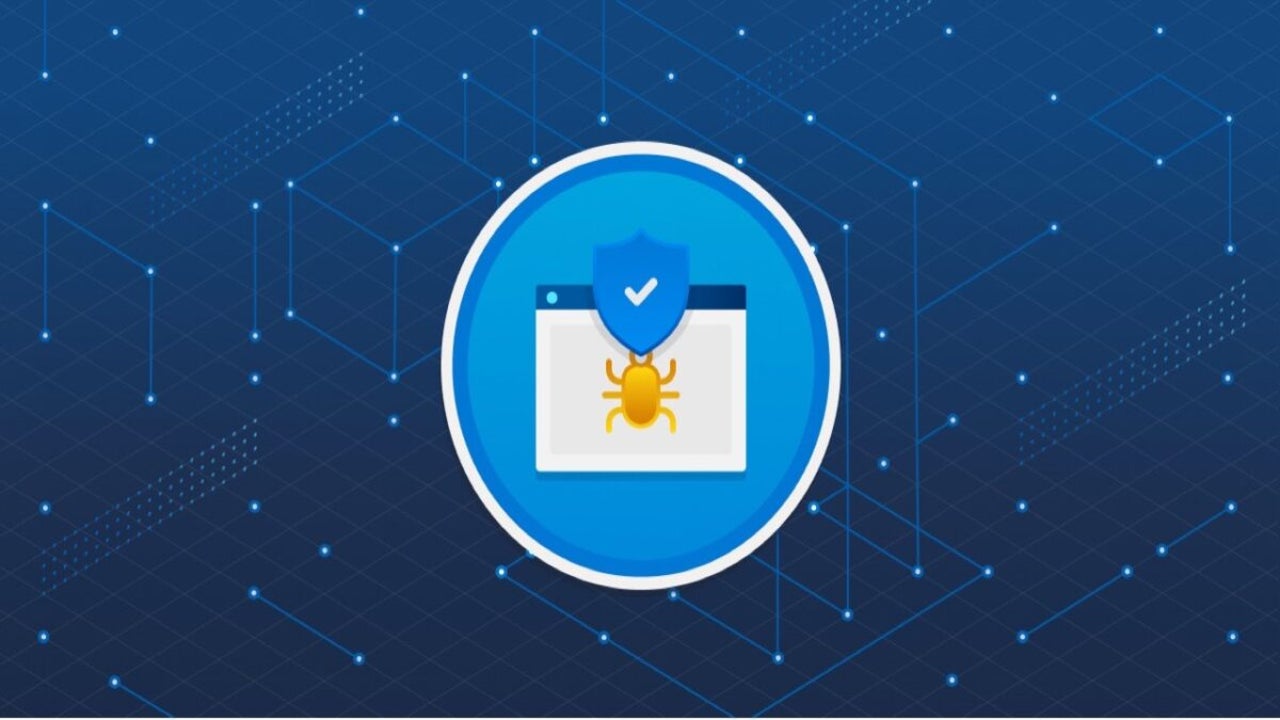News
Seems like Windows behavior, but it’s a malware sign: pay attention to it
Cryptojacking disguises itself as normal Windows activity while secretly draining your PC’s power. Learn how to spot and stop this stealthy form of malware.

- April 2, 2025
- Updated: April 2, 2025 at 10:35 AM

What looks like a typical glitch in Windows might actually be a sign of a hidden and dangerous threat lurking in your system. Many users have noticed their PCs suddenly getting loud, with fans blasting and the processor pushed to its limits—even when only basic apps like Word or a browser are open. But the moment the Task Manager is opened to investigate, everything suspiciously calms down. This strange behavior is not just frustrating—it’s a potential sign of cryptojacking.
How cryptojacking hides in plain sight
Cryptojacking is a type of cyberattack where hackers secretly use your device to mine cryptocurrencies. Instead of stealing your data, these attacks drain your system’s performance for profit. Advanced versions of this malware are smart enough to detect when you open diagnostic tools like Task Manager or antivirus software—and immediately stop their activity to avoid being caught.
This creates the illusion that nothing is wrong, which makes detection harder. However, signs like extreme processor use, overheating, high electricity consumption, or loud fans can indicate something isn’t right.
What you can do to protect your device
To avoid falling victim to these silent threats, users should take precautions. Using script blockers in browsers, keeping all software updated, avoiding sketchy downloads, and actively monitoring processor use are essential habits. Most importantly, installing a reliable antivirus with real-time protection can stop many of these attacks before they begin.
While cryptojacking may seem less invasive than other types of malware, its effects are serious. If left unchecked, it can permanently damage hardware or rack up energy bills, all while operating under your radar.
Latest from Agencias
You may also like

China Dominates Global Electric Vehicle Market with 45% of Sales
Read more

Nintendo Switch 2 will have backward compatibility, but not all games will work smoothly
Read more

Nintendo Switch 2 increases internal storage to 256 GB
Read more

The most iconic GameCube games will come to the Switch 2
Read more

Donkey Kong Banaza: the new game will be in 3D and exclusive to Switch 2
Read more

Switch 2 revolutionizes its cartridges: Now they will be cards with the download code
Read more